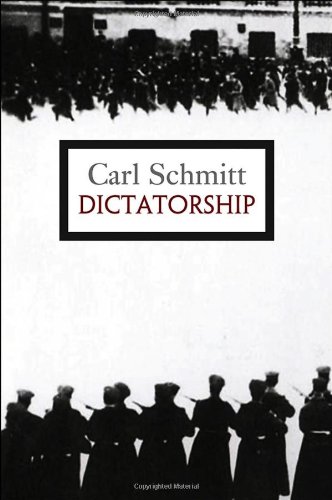6 June 2014 marks 70 years since D-Day: the day on which British, US and Canadian forces invaded the coast of northern France, achieving a solid foothold there and eventually helping to end World War Two. This Reading List brings together books on the history of some of the key political events and figures of the era, what happened after the conflict was over, and how social scientists rejected and interacted with Nazism.
Interested in Winston Churchill’s life?
Winston Churchill: The Wilderness Years: Speaking out against Hitler in the Prelude to War by Martin Gilbert
Martin Gilbert’s intimate knowledge of his subject and expert use of source material give us an important insight into the most influential British politician of the twentieth century. Reviewed by Mahon Murphy. Read more…
Interested in Hitler’s relationship with philosophy?

Hitler’s Philosophers by Yvonne Sherratt
Hitler had a dream to rule the world, not only with the gun but also with his mind. He saw himself as a ‘philosopher-leader’, and astonishingly gained the support of many intellectuals of his time. In this book, Yvonne Sherratt explores Hitler’s relationship with philosophers through investigation of international archives. Ignas Kalpokas finds that the book is relevant as a historical account of a troubled period, but the core message of the book seems to be underdeveloped. Read more…
Interested in how the social sciences changed after World War Two?
A Transatlantic History of the Social Sciences: Robber Barons, the Third Reich and the Invention of Empirical Social Research by Christian Fleck
A Transatlantic History of the Social Sciences helps us better understand how and in what way the social sciences came to occupy a central place in universities across Europe and North America. Author Christian Fleck shows that the social sciences were born in order to help make sense of a complex and changing world, yet ultimately their very shape was structured by the very world they sought to explain. Daniel Sage finds the book to be essential reading for anyone interested in the origins of social research. Read more…
Interested in theories of dictatorship and power?
Dictatorship by Carl Schmitt
Now available in English for the first time, Dictatorship is Carl Schmitt’s most scholarly book and arguably a paradigm for his entire work. Written shortly after the Russian Revolution and the First World War, Schmitt analyses the problem of the state of emergency and the power of the Reichspräsident in declaring it. Dictatorship, Schmitt argues, is a necessary legal institution in constitutional law and has been wrongly portrayed as just the arbitrary rule of a so–called dictator. For those who are already interested in Schmitt but are unable to read in German, this book offers an insight into Schmitt’s formative period, when his well-known ideas were beginning to take shape, and for those who have not yet discovered Schmitt, it is a good place to start, writes Ignas Kalpokas. Read more…
Interested in the history of genocides throughout Europe?
The Holocaust and Genocides in Europe by Benjamin Lieberman
Focusing on the major cases of genocide in twentieth-century Europe, including the Armenian genocide, the Holocaust and genocide in the former Yugoslavia, as well as mass killing in the Soviet Union, this book outlines the internal and external roots of genocide. Using the voices of the human actors in genocide, often ignored or forgotten, this volume aims to provide arresting new insights into the discussion of genocide in other continents and historical periods. Caroline Varin would have liked to see more content suitable for advanced readers and students, but would recommend this book to readers looking for a quick overview of the subject of genocides in Europe. Read more…
Interested in how cities were re-designed after The Blitz?
The Blitz and Its Legacy: Wartime Destruction to Post-War Reconstruction by Mark Clapson and Peter J. Larkham
Drawing together scholars from across the fields of planning, history, architecture and geography, this volume presents an historical and cultural commentary on the immediate and longer-term impacts of wartime destruction. The Blitz and Its Legacy includes war experiences of destruction, architecture, urban design, the political process of planning, and also popular perceptions of rebuilding. Its findings provide very timely lessons which highlight the value of learning from historical precedent. This fertile collection promises to provoke and stimulate much fresh thinking about the connections between the experience of the blitz and later reconstruction, concludes Peter Webster. Read more…
Interested in the war crimes trials that took place after World War Two?
The Nuremberg Military Tribunals and the Origins of International Criminal Law by Kevin Jon Heller
This book seeks to provide the first comprehensive legal analysis of the twelve war crimes trials held in the American zone of occupation between 1946 and 1949, collectively known as the Nuremberg Military Tribunals. The judgements the NMTs produced have played a critical role in the development of international criminal law, particularly in terms of how courts currently understand war crimes, crimes against humanity, and the crime of aggression. Kevin Jon Heller provides a wealth of detail and a valuable starting-point for further thought and research, concludes Tara O’Leary. Read more…













